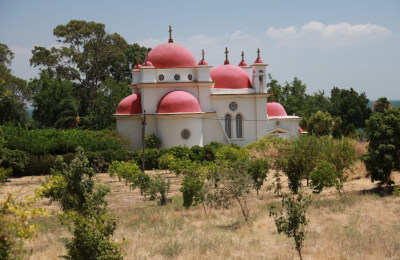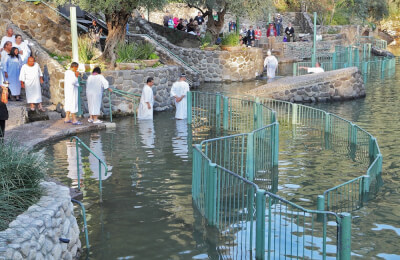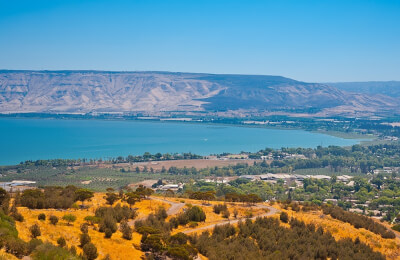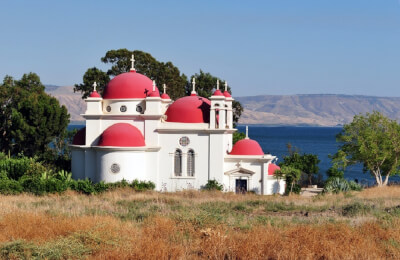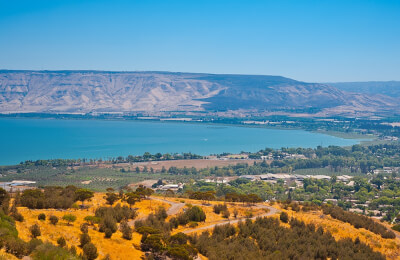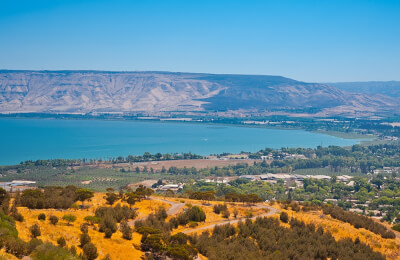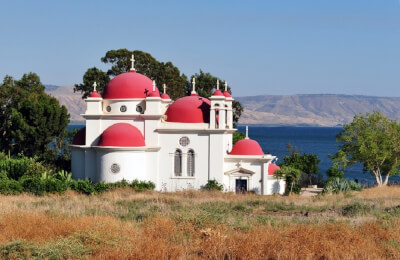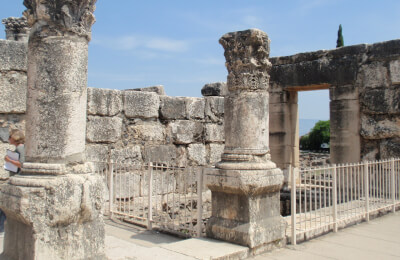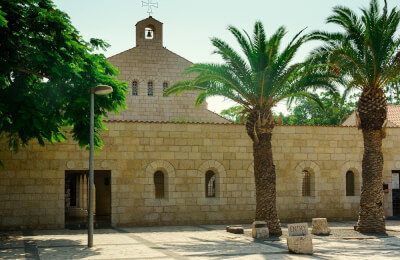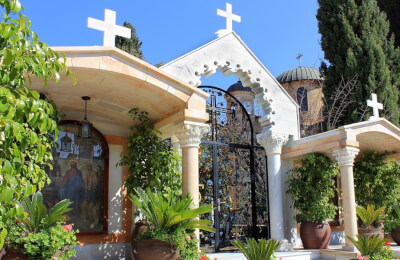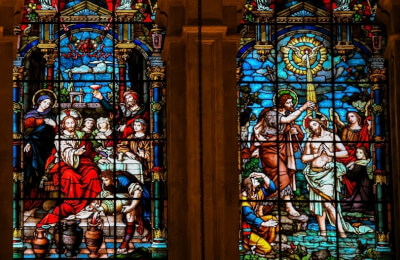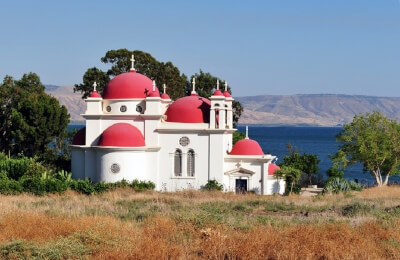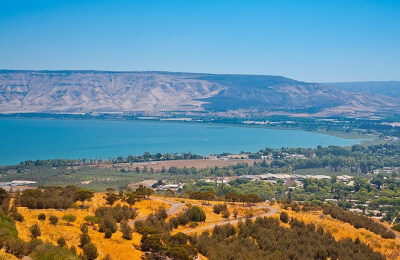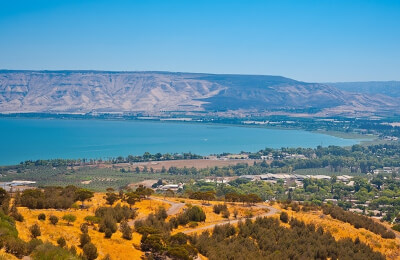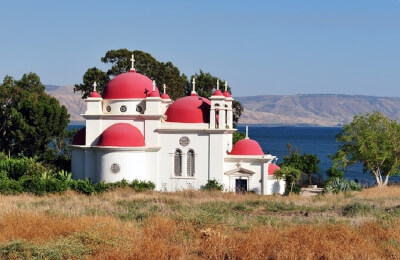10. Christian Galilee. Nazareth Promotion
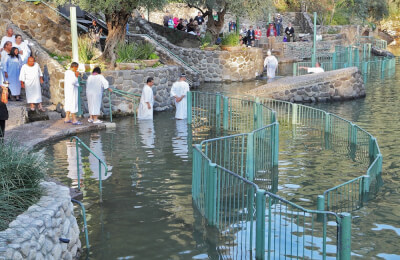
547. Baptism on the Jordan River Promotion
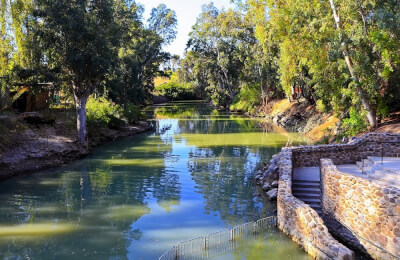
536. Easter in Galilee Promotion
Biblical Highlights of Galilee Promotion
172. New Galilee Promotion
 175₪
175₪
 175₪
175₪
We also found excursions from other cities that are close to your departure city
Other excursions that also deserve your attention
The Jordan River, a geographical and spiritual symbol that has captured human imagination for millennia, is not just a river on the map. It is a boundary, a baptismal site, a war zone, a water source, and a center for ecological studies. Its significance spans various aspects of life, history, culture, religion, and geopolitics in the Middle East, making it one of the most intriguing rivers worldwide.
**Geographical Uniqueness and Ecological Significance**
Stretching approximately 251 kilometers (156 miles), the Jordan River flows from the confluence of the Banias, the Dan, and the Senir (Hasbani) rivers near Israel's northern border, southward through the Sea of Galilee, and finally into the Dead Sea, with no outlet to the ocean. Its final destination, the Dead Sea, is the lowest point on the surface of the Earth, making the river's entire journey a descent into geographical extremity.
The Jordan River Valley, part of the larger Great Rift Valley, is a unique ecosystem with various native flora and fauna, serving as a crucial bird migration route between Africa and Eurasia. This biodiversity has been of great interest to ecologists and environmentalists, primarily concerning water usage's ecological implications, conservation efforts, and the river's health in the face of pollution and other environmental threats.
**Historical and Archaeological Relevance**
The Jordan River has been a vital presence for the civilizations that have populated its banks. Archaeological excavations along the river have unearthed evidence of ancient human settlement, from prehistoric times through the various empires, including the Ottomans, who controlled the region until the early 20th century. Each civilization utilized the river, from its water for sustenance to its course for transportation.
Historically, the river has been a strategic boundary—a frontier for territories and a line of defense during wars. Its crossings were significant military objectives in several conflicts, including during Biblical times, the 1948 Arab-Israeli War, and the 1967 Six-Day War.
**Spiritual and Religious Significance**
The Jordan River holds profound spiritual significance, particularly within Christianity, due to its mention in the Bible in several key events. The most notable is the baptism of Jesus by John the Baptist, an event celebrated by numerous Christian denominations. This ritual is believed to have taken place in "Bethany beyond the Jordan," on the river's eastern bank, leading to the establishment of several baptismal sites in the area.
The river is also significant in the Jewish historical and religious narrative, as it is where the Israelites crossed into the Promised Land under Joshua's leadership. The river, thus, symbolizes a journey's end and a new beginning, deeply rooted in Jewish history and identity.
Due to its importance, the Jordan River continues to attract pilgrims from around the world, seeking spiritual connection, performing baptisms, and engaging in prayer ceremonies on its banks.
**Modern Geopolitical and Environmental Issues**
The Jordan River's course marks borders between Israel and Jordan, and the Golan Heights and Syria, making it a key geopolitical feature. Since the establishment of Israel in 1948, the river has been at the center of the broader political and military conflicts in the region, and its waters have been a critical resource discussed in peace treaties, notably the Israel-Jordan Peace Treaty.
One of the most pressing issues surrounding the Jordan River is its severe depletion due to heavy diversion of water by regional governments for domestic and agricultural use. Its flow is a fraction of what it once was, and the lower Jordan, particularly below the Sea of Galilee, has faced environmental neglect, leading to polluted waters in certain stretches.
Environmental groups and international organizations have been advocating for the river's rehabilitation, emphasizing its historical, cultural, and ecological importance. These efforts include addressing water pollution, promoting sustainable water usage policies, and regional cooperation for environmental conservation.
**The River in Cultural Imagination and Tourism**
The Jordan River transcends its geographical identity, occupying a significant place in cultural expressions, including music, literature, and art. It is often used metaphorically to represent life's journey, challenges, crossing over into a new phase of life, or spiritual redemption.
For tourists, apart from the religious significance, the Jordan River offers several recreational activities. The river's northern stretches, characterized by natural greenery and flowing waters, are popular for water sports, including rafting and kayaking. Its peaceful meandering in certain areas contrasts with the rapid waters in others, offering varied experiences along its course.
Several parks and reserves along the river, like the Jordan River Peace Park and the Jordan River Park, aim to preserve its natural beauty and promote environmental education, further attracting tourists and local visitors.
**Concluding Reflections**
The Jordan River, despite its modest length, remains one of the world's most significant rivers. It is a place where political, spiritual, historical, and environmental narratives converge, reflecting the complexities and challenges of the region it flows through.
In modern reflection, the river is a call for unity, peace, and ecological responsibility. Its waters, once dividing territories, now stand as a reminder of shared human history and a common ecological heritage that knows no political boundaries. The efforts to preserve the river and its unique character are not just about protecting a body of water but about safeguarding a shared identity and heritage.
As a sight in Israel, the Jordan River offers more than meets the eye. It is a journey through history, a meditation on spirituality, and a live environmental study. It encourages visitors to reflect on the past, be present, and think of the future as its waters continue to flow through the ancient lands, narrating stories old and new.


